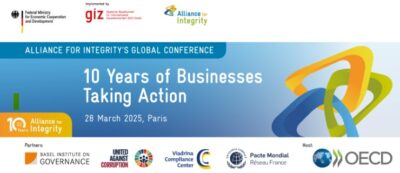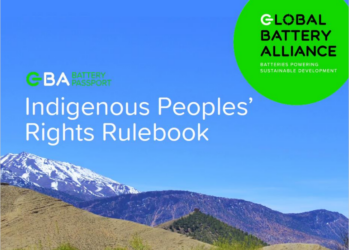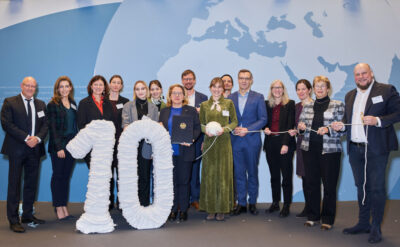The Generation Equality Forum (GEF) is a global collaboration for gender equality. The impetus for the GEF came from UN Women – a United Nations entity that promotes gender equality – in cooperation with the governments of France and Mexico.
The official launch of the forum was the summit in Paris from June 30 to July 2, 2021 with more than 100 virtual events attended by some 50,000 people from 150 countries, including Angela Merkel, Emmanuel Macron, Kamala Harris, Antonio Guterres and Hillary Clinton.
The outcome of the summit was the Global Acceleration Plan for Gender Equality which contains a strong feminist agenda. The plan includes concrete measures to promote the achievement of SDG 5 – Gender Equality by 2030.
A multi-stakeholder process is driving forward the gender-transformative implementation of the 2030 Agenda. This is done through so-called Action Coalitions which have been formed on a total of six topics, including “Gender-based violence” and “Feminist action for climate justice”. The Action Coalitions bring together governments, civil society, youth organizations, international organizations, philanthropy and the private sector.
A wide variety of stakeholders around the world are called upon to make “commitments”, such as contributions. These can be made in financial, political or programmatic areas as well as in the form of advocacy. More than 1000 commitments have already been announced by a wide range of stakeholders. These include financial contributions of around 40 billion dollars. Additional commitments can be made up to 2026.
The Forum sees itself as the successor to the Fourth World Conference on Women held in Beijing in 1995. The Beijing Platform for Action is the outcome document of the conference; to date, it is the most comprehensive approach to promoting gender equality.
However, 25 years after its adoption, no country in the world has achieved gender equality, and progress to date has been too slow. Commitments made in Beijing and in numerous subsequent forums have not been backed by the funding, policies, and programs necessary to meet the goals.
The GEF wants to address this lack of progress and move from rhetoric to action. In this, it sees itself as a cross-generational and multi-stakeholder format. After all, the goals of the Agenda 2030 and SDG 5 can only be achieved together.
The multi-stakeholder partnerships of each Action Coalition are designed to drive collective action and stimulate public and private investment, as well as promote intergenerational dialogue. This is intended to produce tangible results.
Germany has taken a leadership role in the Action Coalitions‘ governing body. The Action Coalitions’ goal is to ensure economic justice and rights for women and girls in all their diversity. It seeks to achieve this goal through four distinct measures: By strengthening women’s economic participation, by transforming care work, and by expanding decent work and employment opportunities in the formal and informal economy. Finally, by improving women’s access to and control over productive resources and promoting gender-equitable economies and economic incentives.
Within the Action Coalitions, Germany is making commitments in various areas. For example, it is contributing 67.5 million euros to improving working conditions in global supply chains in Bangladesh, Cambodia and Vietnam.
In addition, Germany is the first donor to the girls’ education initiative “SHE – Support Her Education”, contributing 100 million euros.



